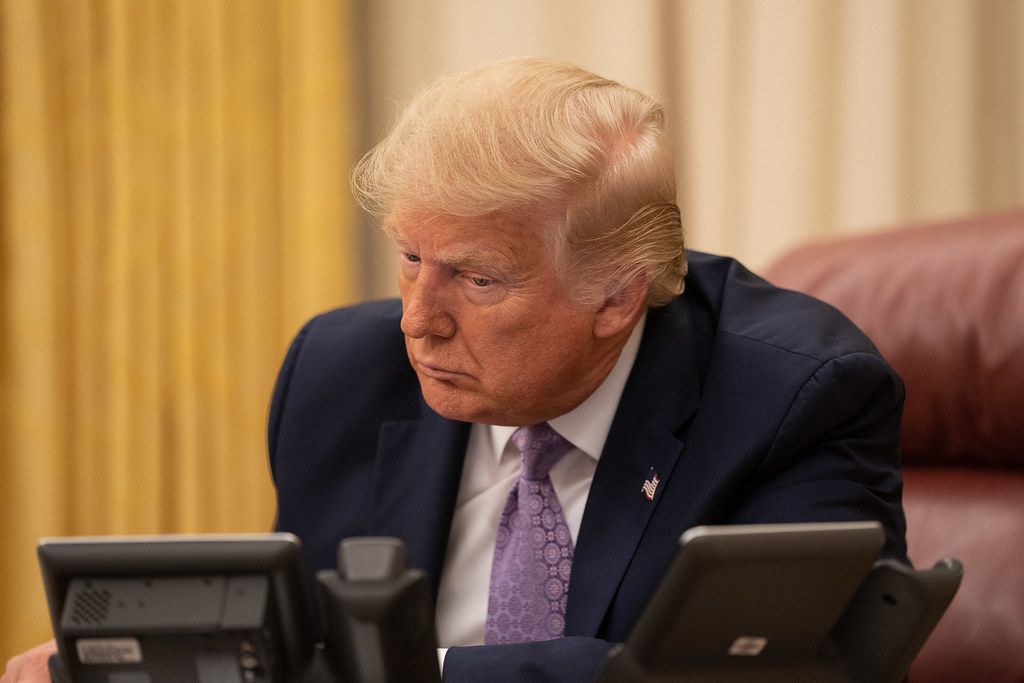Key Takeaways
• The United States carried out deadly summary executions at sea without evidence.
• Twenty-one fishermen died after the US blew up their boat off Venezuela.
• Home raids in Chicago and threats against Portland show growing domestic brutality.
• Veterans and legal experts warn that unrestrained violence harms America’s global standing.
• Americans must demand accountability, transparency, and respect for the rule of law.
Introduction
Last weekend, President Trump ordered the bombing of a small fishing boat off Venezuela. He claimed the crew were drug traffickers. Yet officials offered no proof. There were no photos, no intercepted calls, and no drugs found. Still, 21 people died in what experts call a stark example of summary executions. This was the fourth such strike in weeks.
Why summary executions matter
Summary executions happen when leaders kill suspects without fair trial or proof. International law prohibits this. Even the US Uniform Code of Military Justice bans such killings. However, Trump’s team defended the attack. They called the victims “narco-terrorists” tied to a Venezuelan gang. Yet experts say these tiny boats could not reach US shores. They lacked fuel and range.
Attack on the fishing boats
On a moonlit night, US forces targeted a fishing vessel 100 miles off Venezuela’s coast. The ship blew up on impact. There was no chance to check cargo or question crew. The administration later claimed intelligence proved a drug shipment onboard. Still, they released no evidence. Thus, this strike fits the definition of summary executions.
International outcry
The United Nations condemned the attack. The UN stated that nations must investigate and prosecute suspects under the rule of law. It noted that governments cannot simply murder alleged drug traffickers. Moreover, human rights groups called for a full inquiry. They insist the US share any evidence it holds. So far, the White House has stayed silent.
Brutality at home
Meanwhile, the push for unrestrained force has moved inside the US. In Chicago, masked federal agents raided apartments at dawn. They burst into rooms with flashbang grenades. Families, including US citizens, woke to shouting and fear. Children were zip-tied and moved outside in their pajamas. Agents used drones and helicopters to surround the building. They left homes trashed. This aggressive approach mimics battlefield tactics, not police work.
Full force in Portland?
Trump has vowed to send troops to Portland. He calls local protesters “domestic terrorists” and claims ICE facilities are “under siege.” There is no evidence of any real siege. Yet he authorizes “full force, if necessary.” Many fear this could lead to more summary executions or unlawful killings on US soil.
The call for restraint
In response, veteran Robert Arnold delivered a powerful message. He spoke out against the lust for violence at a military gathering in Quantico. Arnold’s talk, titled “On the silence of the generals,” reminded leaders that war requires discipline and care. He warned against weakening rules of engagement in favor of raw brutality. Even during the Civil War, he noted, General Grant knew victory required healing wounds, not celebrating violence.
Arnold’s core message
Arnold argued that true strength lies in controlled and just action. He said: “Our military is most lethal when it chooses discipline over chaos.” He stressed that unrestrained force breeds more enemies. For every life taken without care, more people rise in hatred. Arnold warned that the world follows America’s example. If the US slashes restraint, other nations will too, dragging humanity backward.
Silence speaks volumes
The generals at Quantico stayed silent as Trump’s secretary of “War,” Pete Hegseth, spoke of boosting lethality. Their silence, Arnold said, reflected deep concern. Those leaders know war has lasting consequences. They understand that killing without process is butchery, not strategy. They felt shame hearing violence pitched as a slogan.
What this means for our future
By carrying out summary executions at sea and threatening violence at home, the US risks losing moral authority. Allies and rivals alike watch closely. If America abandons the Geneva Conventions and due process, it will stand alone. Other nations may follow suit, unleashing chaos worldwide. Moreover, radical groups will use these killings to recruit and fuel hate.
Demands for accountability
Citizens and lawmakers must demand answers. The administration must release any proof of drug trafficking. Congress should investigate the legal basis for the attacks. Courts might examine whether these actions violate American and international law. Without checks and balances, power moves unchecked. And unchecked power leads to more summary executions.
How to push for change
First, contact your representatives. Ask them to hold hearings on these incidents. Second, support organizations that monitor human rights. Third, amplify voices like Robert Arnold’s, who call for restraint and accountability. Finally, stay informed and spread accurate news. Democracy thrives when people act.
Conclusion
The term summary executions now echoes in headlines. It highlights a dangerous path of violence without proof or process. Whether at sea or in city streets, unrestrained force erodes America’s soul. As Arnold reminded us, true power uses discipline, not brutality. We must demand that our leaders honor the rule of law. Otherwise, we risk sliding into the darkness they warn against.
Frequently Asked Questions
What is a summary execution?
A summary execution is the killing of a person without trial or legal process. It ignores evidence, hearings, and the right to defend oneself.
Why are summary executions illegal?
International law and the US military code both forbid killing suspects without due process. It violates human rights and the Geneva Conventions.
Who spoke out against these actions?
Veteran Robert Arnold delivered a powerful address warning against unchecked violence. He urged military and civic leaders to choose restraint.
How can citizens respond?
People can contact their elected officials, support human rights groups, and spread awareness. They can also demand transparency and legal accountability for wrongful killings.
